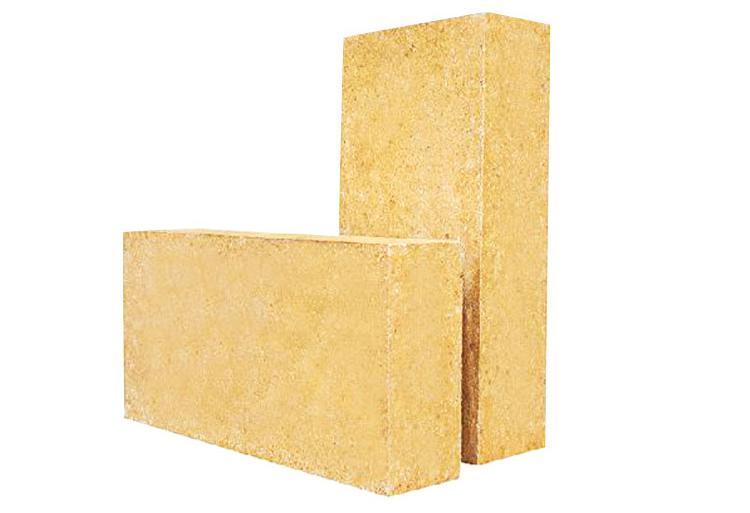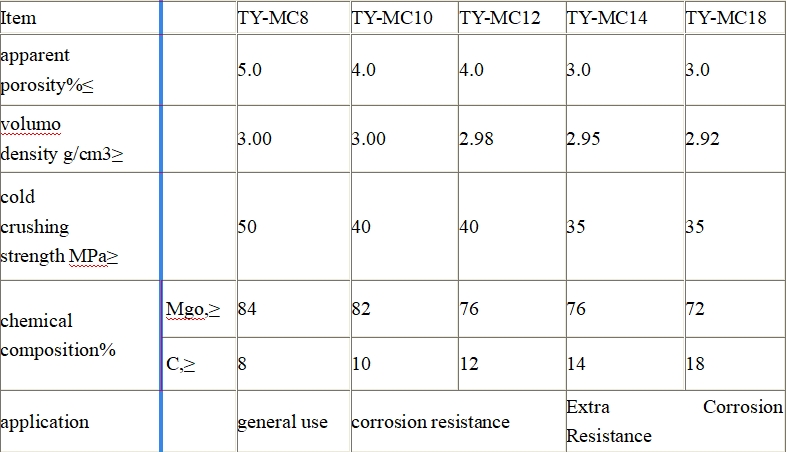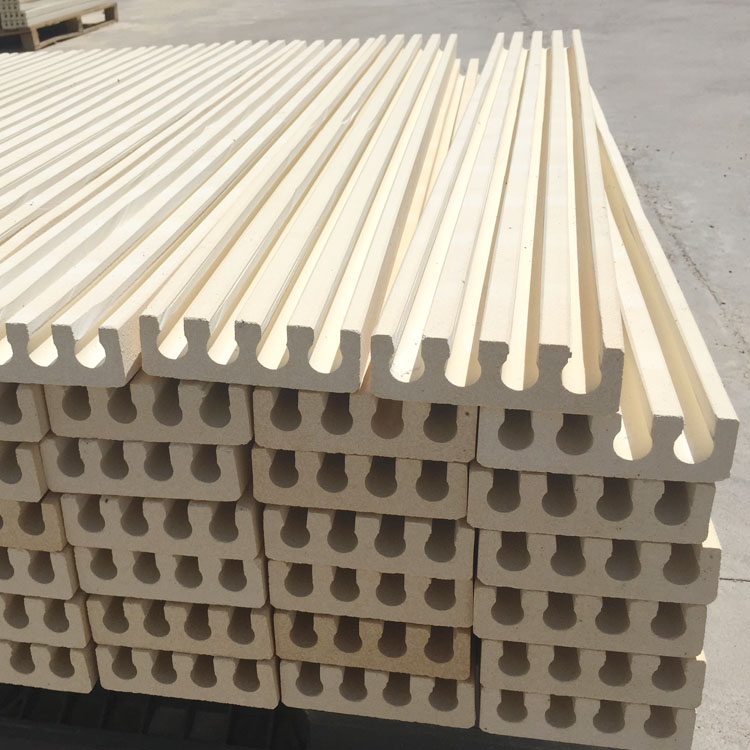
In the high-stakes industries of ceramics, metallurgy, and composite materials processing, kiln furniture plays a pivotal role in ensuring production quality and operational continuity. Among the myriad options, porous low-density andalusite kiln furniture distinguishes itself through exceptional thermal shock resistance and superior performance under rapid heating and cooling cycles. This article delves into the physical characteristics of porous low-density andalusite, explores the underlying mechanisms of thermal shock and material fatigue, and presents scientifically-backed maintenance protocols designed to maximize the service life of kiln furniture. Leveraging authoritative data and industry case studies, we offer an integrated guide tailored to meet the demanding needs of export-oriented manufacturers.
Andalusite (Al2SiO5) is valued for its inherent thermal stability and resistance to chemical corrosion. The porous low-density variant enhances heat transfer efficiency and reduces thermal mass, making it ideal for fast thermal cycling applications. Typically exhibiting bulk densities between 1.6 to 1.8 g/cm³, these kiln blocks tolerate temperature fluctuations up to 1750 °C with minimal deformation.
Porosity levels around 25–30% optimize the balance between mechanical strength and thermal insulation. This microstructure helps mitigate thermal gradient stresses during rapid temperature changes, a common challenge in high-throughput kilns. Consequently, the mechanical strength retention after thermal shock can exceed 85%, outperforming denser alternatives by 15–20% when subjected to repeated cycles.

Thermal shock occurs when kiln furniture experiences rapid temperature differentials, leading to localized stresses and microscopic crack initiation. Over time, cyclic thermal fatigue progressively degrades structural integrity, potentially causing spalling or catastrophic failure. Key influencing factors include:
Recent studies indicate that by optimizing the pore architecture, porous low-density andalusite can reduce thermal stress intensity factors by up to 25%, translating into a 30%-increase in operational cycling lifespan compared to traditional dense alumina kiln furniture.

Extending the life of kiln furniture in export markets requires adherence to rigorous maintenance and operational best practices. The following protocol synthesizes industry-leading recommendations:
| Maintenance Step | Recommended Frequency | Key Considerations |
|---|---|---|
| Visual Inspection for Cracks and Spalling | Before each thermal cycle | Use magnification tools; avoid ignoring microcracks as precursors to failure |
| Cleaning and Debris Removal | After every 50–100 operational hours | Use non-abrasive methods; prevent residue buildup that impairs heat transfer |
| Thermal Conditioning Cycles | Quarterly or at downtime | Slowly ramp temperatures to stabilize microstructure and dissipate internal stresses |
| Handling and Mounting Checks | Monthly | Ensure correct alignment & support to minimize mechanical loads |
Implementing these measures reduces unplanned downtime by up to 40%, while maintaining optimal heat treatment quality, ultimately enhancing product consistency.

A leading ceramic manufacturer in Southeast Asia faced recurrent kiln furniture failures due to aggressive rapid cooling protocols, causing downtime exceeding 15%. By transitioning to porous low-density andalusite blocks and instituting the recommended maintenance procedures, the client reported:
These improvements directly contributed to stronger client confidence in the reliability of exported products and reduced overhead costs associated with maintenance and replacements.
While initial costs for porous low-density andalusite kiln furniture may be modestly higher than traditional alternatives, the lifecycle cost benefits and performance gains far outweigh upfront expenses. The thermal shock resistance minimizes catastrophic breakage risks, while the lighter weight reduces handling difficulty and operational strain.
For export-dependent manufacturers seeking to maximize uptime and product quality under demanding heat treatment cycles, porous low-density andalusite offers an unmatched blend of resilience, energy efficiency, and cost-effectiveness.

